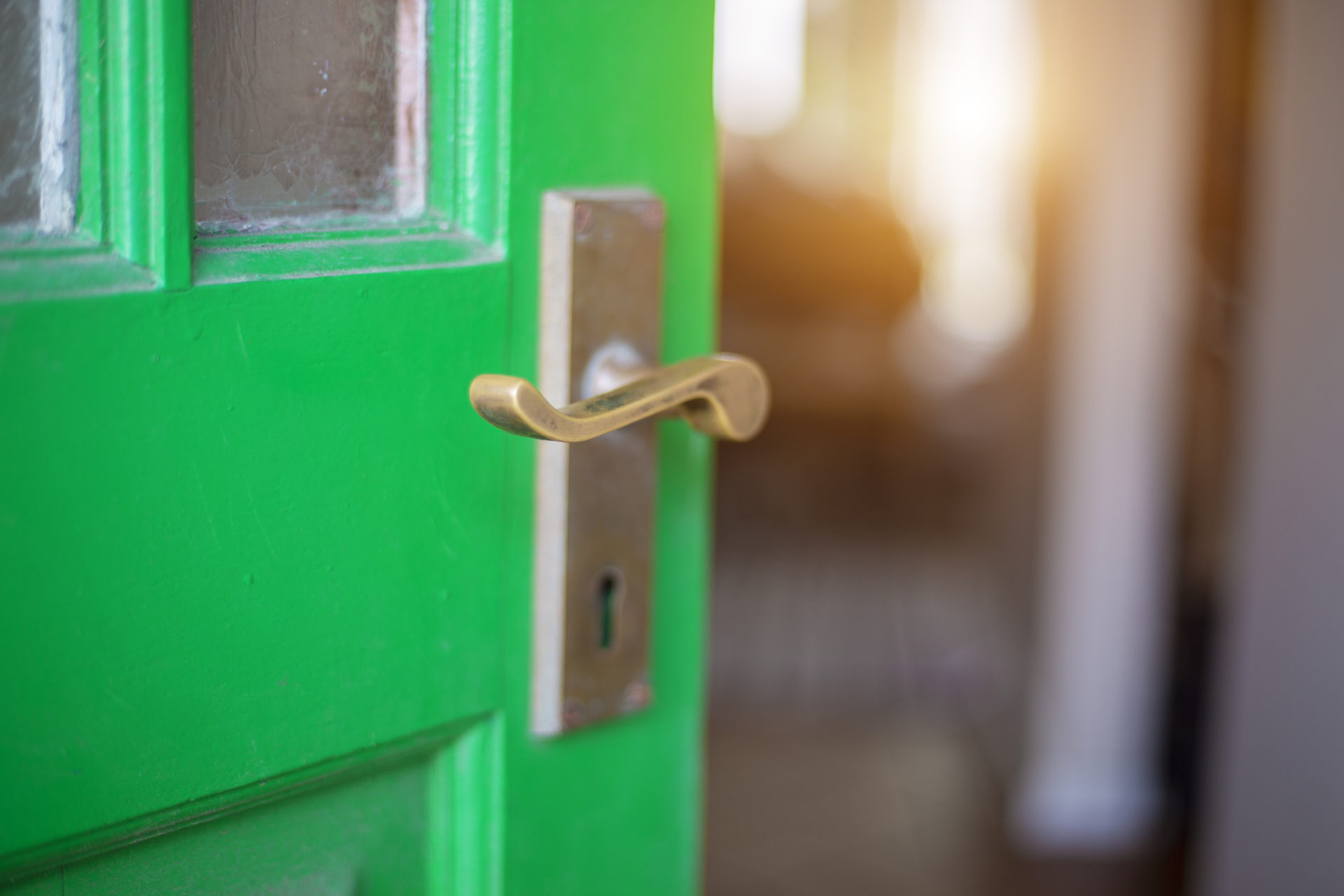
Nobody Should Suffer in Silence.
ACT Untold Stories is an opportunity to share your experiences of certain key safeguarding issues.
This time we’re looking at domestic abuse and coercive control.
You can read more about Untold Stories here.
What is Domestic Abuse?
Women’s Aid defines domestic abuse as:
An incident or pattern of incidents of controlling, coercive, threatening, degrading and violent behaviour, including sexual violence, in the majority of cases by a partner or ex-partner, but also by a family member or carer.
Domestic abuse and coercive control can include:
- Emotional – e.g. belittling you, isolating you from friends and family, controlling where you go and who you talk to.
- Threats and Intimidation – e.g. threatening to hurt/kill you, harassing or following you.
- Physical – e.g. hitting you, shoving you, throwing things at you, choking you.
- Sexual – e.g. pressures you into having sex, touches you in a way that you don’t want to be touched.
- Financial – e.g. controlling your use of money, not giving you enough money to survive.
Untold Stories Can Help Make a Difference
We recently spoke to Jess Phillips MP about the government’s new Domestic Abuse Bill. Jess discussed the challenges she faced in getting the bill passed, and some areas where the new bill falls short. She also discussed the power of data in telling untold stories and in holding the government to account.
Listen to our discussion with Jess Phillips MP here.
We also recently spoke to safeguarding specialist and author Catherine Lawler. In telling her story about her family’s experience of domestic abuse, Catherine demonstrates how sharing and listening can help empower others.
Listen to our discussion with Catherine Lawler here.
You can also watch the short video below for a brief introduction to domestic abuse:
We Need to Better Understand How Domestic Abuse Works
Use the form below to share your thoughts on domestic abuse and coercive control. It’s totally anonymous. Though we might refer to your story in future reports or resources, we won’t share any sensitive details.
We’d be interested to know:
- Would you recognise the signs of domestic abuse?
- Would you know what to do if you suspected domestic abuse was taking place?
- What sort of schemes and initiatives might help prevent domestic abuse?
- How might organisations help people understand and respond to domestic abuse?
- How do you feel about the government’s new Domestic Abuse bill? Do you think it will make a difference?
How Will We Use Your Story?
This isn’t an opportunity to name and shame. Neither is this a platform for whistleblowing.
Instead, this is an opportunity to have your voice heard at a national level.
This is an opportunity to help improve services for everyone.
Because the better we can understand these issues, the better we can help individuals and organisations safeguard others from harm, abuse, and exploitation.
